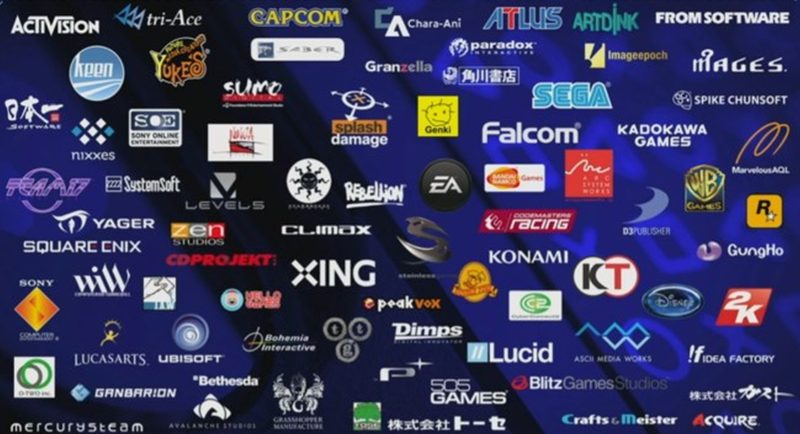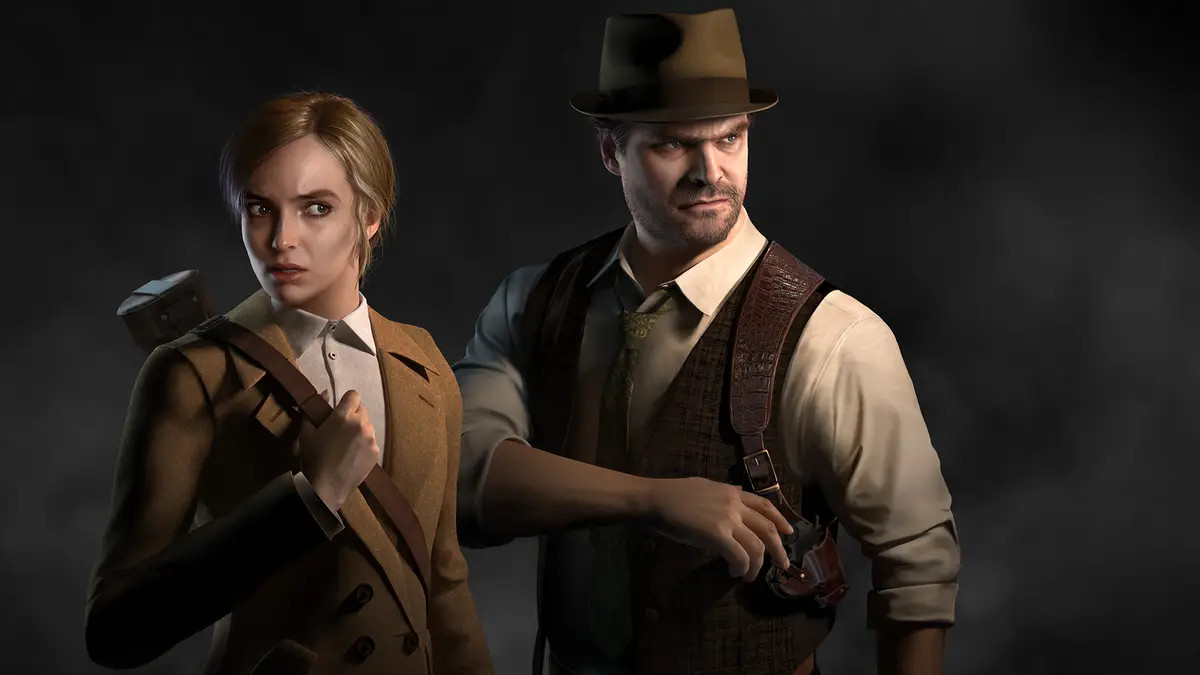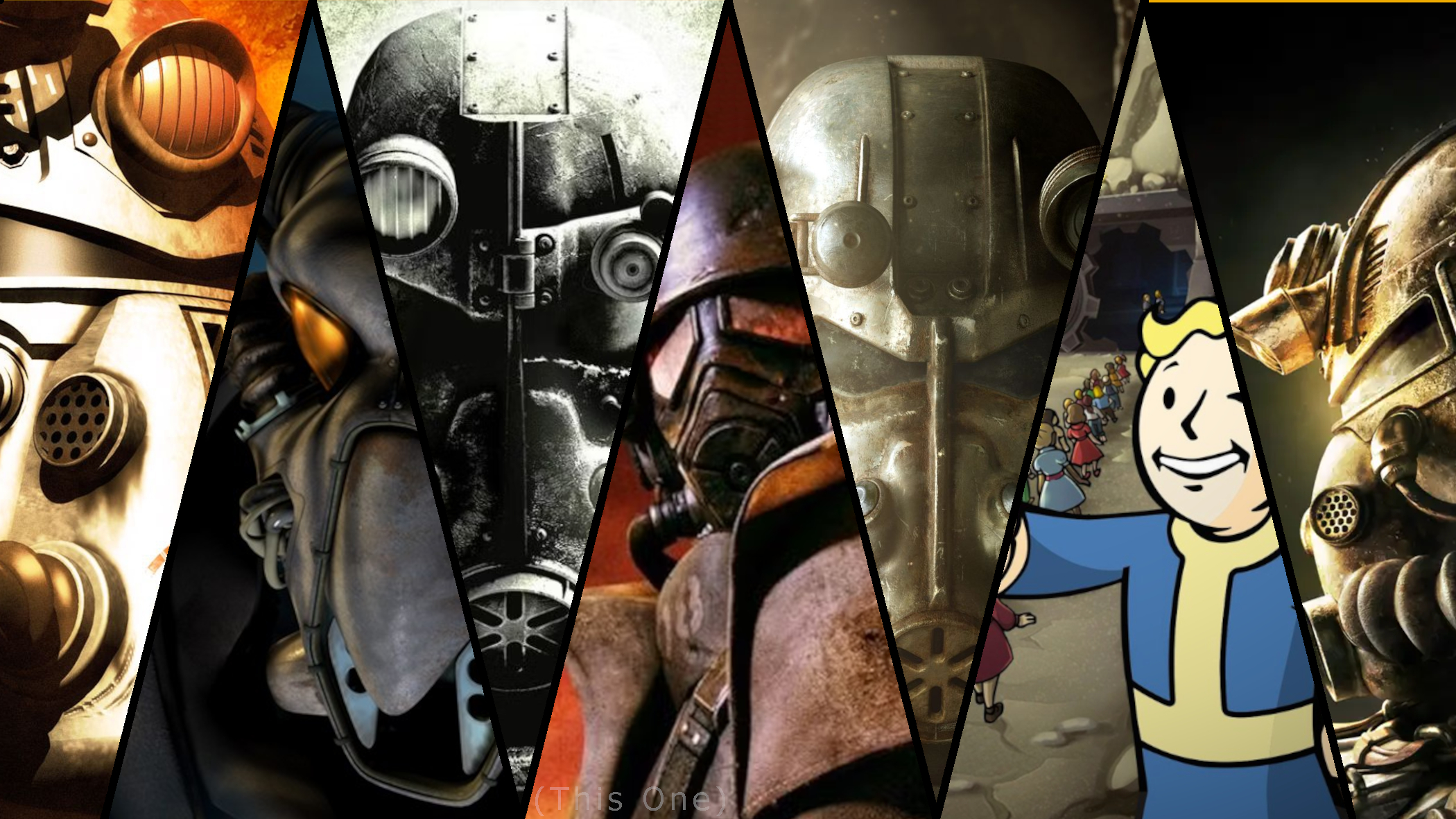Some time ago, I began a series on how games are made. Apologies for the recent detour on stories and storytelling; I find the topic fascinating, and I think it’s a topic often overlooked in recent years, with open world games on the rise. Here, I’ll continue what I started. Having outlined the basic parts of game development and treated the nature and value of story in pre-production in obnoxious detail, I now move to the next phase: production and creative choices. My goal in this article is to define production and detail some of the jobs responsible for making the game happen, for bringing stories to life.
First, what is a producer? A producer is one who supervises and facilitates the development process. By analogy, a producer is like a store manager. They oversee the function of other employees, ensure efficiency in the work space, observe and budget the project’s funds, and much more. In effect, producers do a little bit of everything; they practically own the project.

But what of the specific jobs? Who makes the game happen? Who or what tells the story? For staters, voice actors. Some producers hire voice actors to add personality to the story. Their delivery (tone, pacing, pitch, etc.) accentuates or distracts from the story; hence, the need to hire good voice actors. Some games are notorious for their horrible voice acting (among other factors). Think The Town With No Name or Chaos Wars. A quick YouTube search for the worst voice acting in video games is well worth the readers time simply for the laughs and cringe. But hiring voice actors is a creative choice on the part of the producer. It can either work for or against the game itself. I invite the reader to consider how voice acting would change a game that originally wasn’t voiced.
Second, the score. Music tells stories, not simply in lyrics, but in the sound itself. This seems true of classical composers, like Vivaldi or Beethoven. When producers hire composers, they don’t need to hire Beethoven. But they should hire someone with an eye toward the kind of music they think best suits the kind of game they want to make. Should it be orchestrated? rock n’ roll? metal? Imagine Pikmin, with a heavy metal soundtrack! Music should compliment the story in its style and composition. Music, therefore, should also draw the player into this other world. The soaring score of Breath of the Wild raises us up as though swept away by a sharp wind and carried into a world where nature itself breathes.

Third, and finally, environment. When a producer hires designers and animators, whomever they hire should have a keen awareness of history, architecture, and fashion. With this knowledge, designers and animators can construct environments and characters who flourish (or don’t) in that environment. They’re architects for another world. Generally speaking, part of the arts of design and animation is when the player can infer a backstory by merely observing a character’s or environment’s appearance. That’s the power of ruins; the burnt wood, felled buildings, and swarming plant life suggest a past, perhaps flourishing city.
So, in production, producers, being the head honcho of the game development process, have at their disposal many creative choices. Hopefully this article illuminated some of those choices: voice actors, score, and environment. Ultimately, it’s their call what goes in or out of the game. This can cause some trouble, however, which I’ll explore in a future article.








